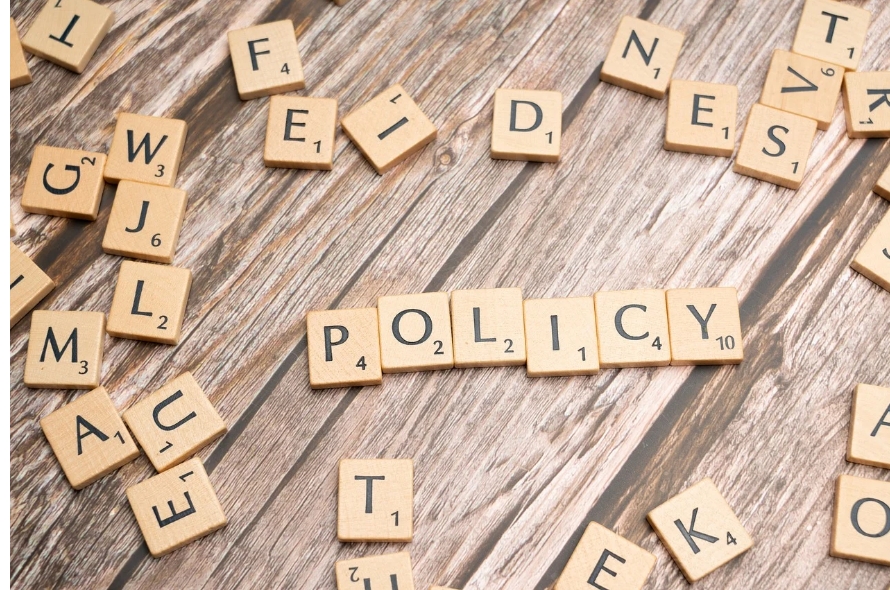The Basic Education Laws Amendment (BELA) Bill is aimed at resolving the challenge of undocumented learners, which includes immigrants in South Africa’s schools. The bill clarifies that all children, regardless of citizenship or immigration status, have a right to a basic education. Even so, the requirement that children have access to school is absolute — even undocumented children, foreign nationals included, have an unequivocal right to education and cannot be excluded based solely on a lack of proper identification or documentation.
High-level takeaways from the BELA Bill re: Undocumented Learners
Right to Education of Every Child
The South African Constitution stipulates that every child, regardless of nationality or immigration situation, is entitled to the right to basic education. The BELA Bill merely affirms this constitutional right by ensuring that schools cannot chase away learners from the gate due to lack of the necessary documents.
Schools’ Responsibilities:
Undocumented learners must be enrolled in schools and provided an education. The department is also there to help facilitate documentation such as birth certificates, identity documents and any legal documents relating to foreign nationals.
Additional Support for undocumented Learners:
The bill states that the Department of Basic Education “must collaborate with other relevant government departments, such as Home Affairs, to document learners, including anticipated-accompanying-parents-or-guardians of those learners during any period of education”. But a lack of paperwork is no longer be used to keep students out or kick them out.
Discussion on BELA Bill and Foreign Nationals:
Foreign Students: Accessibility to Education
In a nutshell, the BELA Bill is applicable to South African as well as foreign children and guarantees access by every child for educational purposes no matter what citizenship or residency status. Note that even children of immigrants, asylum seekers, refugees or undocumented foreign nationals are allowed to attend school in South Africa.
Legal and Human Rights Framework
As children are afforded protection under international human rights law, South Africa would certainly be bound to its commitments in terms of the UN Convention on the Rights of the Child to a comprehensive education. The BELA Bill enshrines this commitment which is consistent with the philosophy that no child shall be kicked out of school because s/he lacks legal status. ·
Challenges and Concerns:
The bill ensures the right, but there may be practical problems with this right — especially in terms of cooperation between schools, the Department of Home Affairs and education departments to document foreign nationals Some communities also worry about the burden this place on public schools, especially in areas that already struggle to afford other education expenses.
Misconceptions and Realities:
common Myths: It has been suggested by a number of individuals that the BELA Bill is going to open its gates to multitudes of illegal undocumented foreign learners who are suddenly going to rock up and accompany South African schools without any form regulation or oversight in place.
Fact: While the bill give hope to illegal learners to be educated, it also points out that it requires collaboration with portfolio from sectors respectively to assist illegal learners for documentation. The Russian leader said that foreign children should be legally deemed to have entered the country without documents.
“No, because some people say that bringing in foreign children [to school] without proper documentation is opening the door to reduced quality of education for South African learners.”
Fact: Every child (regardless of legal) has a universal human right to education, denying education based on legal status can marginalize children culturally and economically. The Department of Basic Education must continue managing resources responsibly so that every single child, whether South African or foreign, is afforded the benefit of quality education.
In summation, The BELA Bill restores this commitment, which is based on the human rights principle that all children have a right to education without discrimination on grounds of their or their parents’ documentation status. These children include foreign learners without documentation that must not only be enrolled in school but have to receive assistance of filing for legalities. The bill is part of a broader human rights approach that envisions education as a fundamental right for every child, with an emphasis on ensuring documentation through inter-departmental coordination.
The next step will be to ensure fair and efficient implementation of this policy that does not tax public schools, especially in some hard-to-serve neighborhoods.




